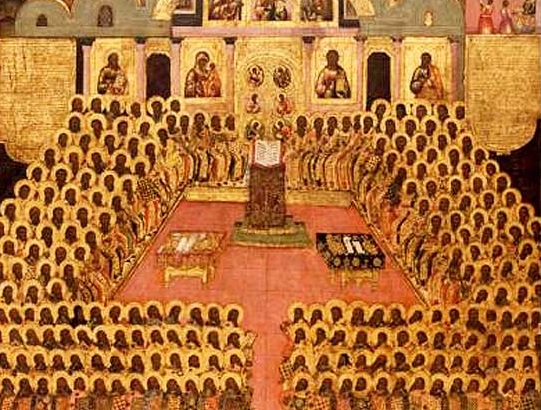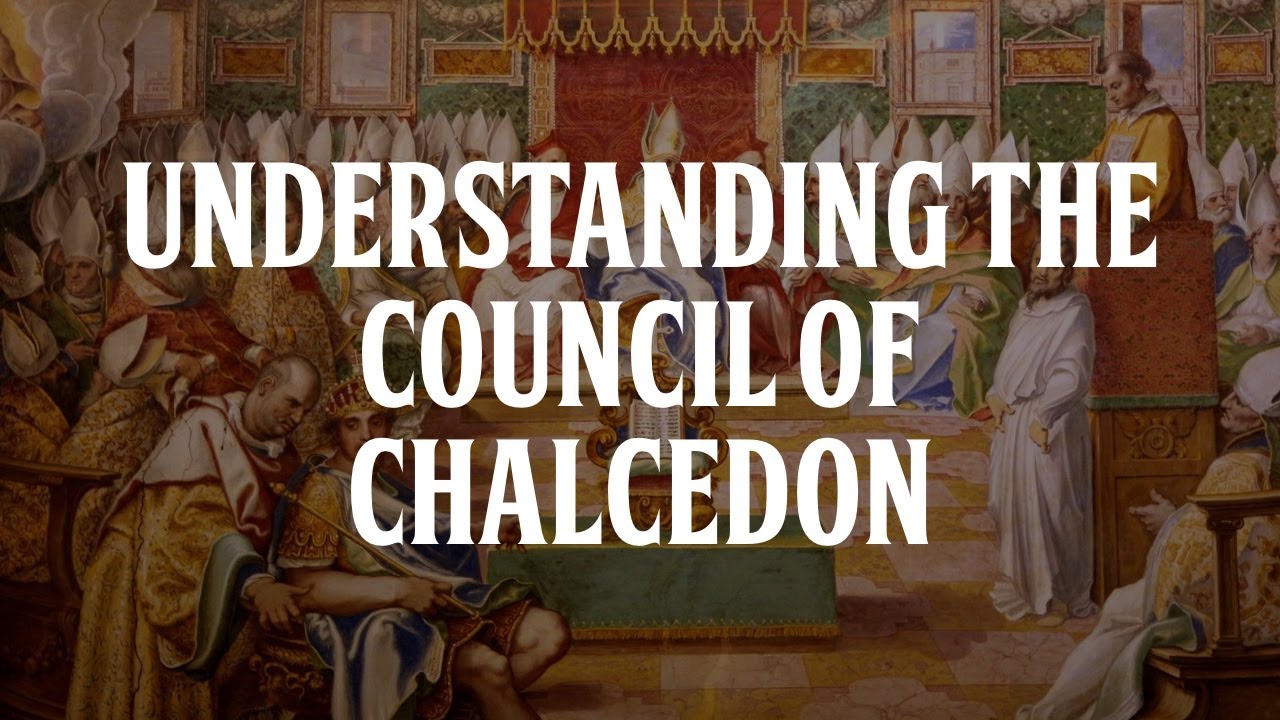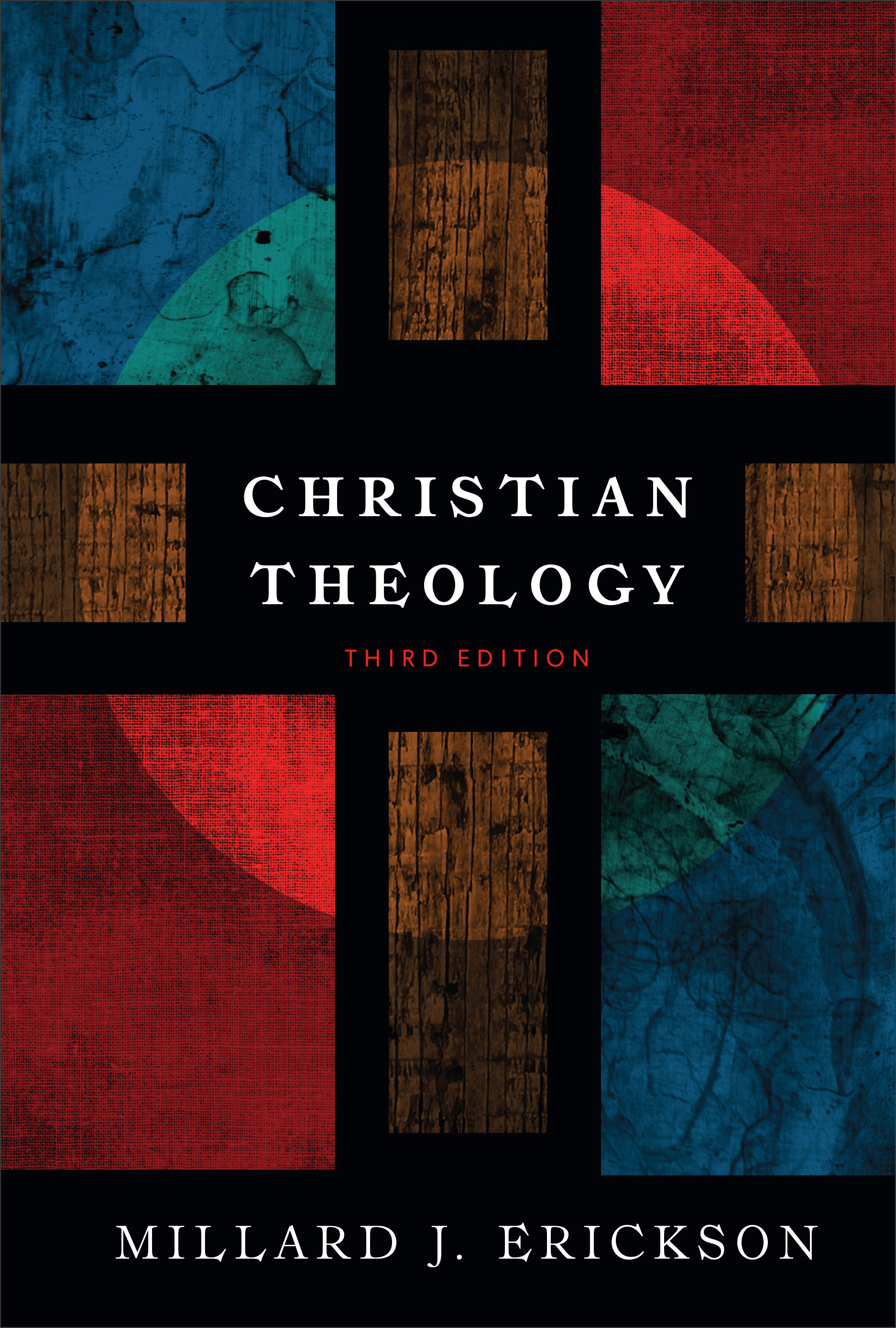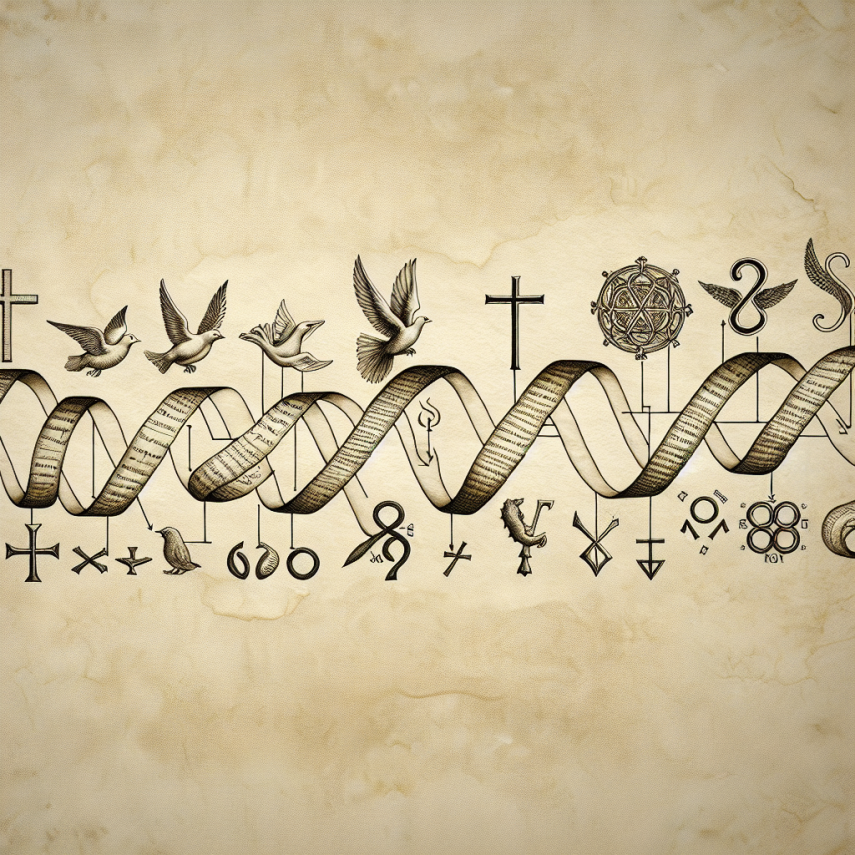The Pulse of Progress: Key Theological Developments in Christian History
My journey of faith, reflective of both trials and triumphs, has been profoundly shaped by an ongoing engagement with Christian theology and history. Delving into the depths of key theological developments within Christianity not only offers insights into the evolution of Christian thought but also underscores their relevance in shaping our contemporary faith and practice. This exploration is a testament to a dynamic and living tradition that invites us into a deeper understanding of our beliefs and a more authentic embodiment of our faith.
Historical Context and Significance
The tapestry of Christian theology is rich and diverse, woven through centuries of contemplation, conflict, and communion with the Divine. From the early church councils that grappled with the nature of Christ and the Holy Trinity to the Reformation’s challenges to ecclesiastical authority and doctrine, each key development marked a turning point, shaping the contours of Christian belief and practice.
< >
>
Early Controversies and Councils
The initial centuries of Christianity were marked by intense theological debate, leading to pivotal councils such as Nicaea (325) and Chalcedon (451). These gatherings were instrumental in defining orthodoxy, particularly concerning the nature of Christ’s divinity and humanity, and the relationship between the Persons of the Trinity. These foundational doctrines remain central to Christian faith, underscoring the church’s commitment to a nuanced and profound understanding of Divine revelation.
< >
>
Reformation and Renaissance
The spark of the Reformation in the 16th century, ignited by figures like Martin Luther and John Calvin, challenged the medieval church’s excesses and called for a return to scriptural foundations. This era not only transformed ecclesiastical structures but also enriched theological discourse, emphasizing grace, faith, and the authority of Scripture. The technological advancement of the printing press further democratized access to sacred texts, empowering believers to engage directly with Scripture.
Modern Movements and Theological Diversity
In more recent centuries, the global spread of Christianity and the emergence of new theological movements—from Liberation Theology in Latin America addressing issues of poverty and injustice to the rise of Pentecostalism highlighting the work of the Holy Spirit—demonstrate the faith’s adaptability and relevance in diverse cultural contexts. These developments invite us to consider the myriad ways God continues to speak and act in our world.
Relevance to Contemporary Christian Faith
The history of Christian theology is not a static relic but a vibrant dialogue that informs our faith today. In grappling with questions of suffering, justice, environmental stewardship, and scientific discovery, we are engaging in a tradition shaped by centuries of reflection and debate. This historical foundation challenges us to think deeply about the implications of our beliefs and to live out our faith with integrity and compassion in a complex world.
Integrating Faith and Life
Reflecting on the discussions within previous articles, such as the integration of faith and work and the importance of stewardship and generosity, we see the practical outworking of theological principles in everyday life. The rich tapestry of Christian theology, with its emphasis on love, justice, and community, provides a robust framework for addressing contemporary challenges and living out our vocations.
Conclusion: Embracing Our Heritage
As we survey the landscape of key theological developments in Christian history, we are reminded of the dynamic and living tradition we inherit. These milestones in theological thought challenge us to engage our faith critically and creatively, informed by the wisdom of the past but responsive to the needs of the present. They encourage us to pursue a faith that is not only intellectually robust but also deeply compassionate, seeking to embody the love of Christ in a world hungry for hope and healing.
For those eager to delve deeper into the richness of Christian theology and its historical developments, I recommend exploring works by church fathers, reformers, and contemporary theologians. Engaging with these voices not only enriches our understanding but also connects us with the great cloud of witnesses who have walked the path of faith before us.
In this journey of faith, we are never alone. We stand on the shoulders of giants, invited to explore the depths of God’s love and the breadth of His work in the world. May we embrace this heritage with both humility and courage, ever seeking to grow in wisdom, love, and understanding.
< >
>
Focus Keyphrase: Key Theological Developments




This article provides an interesting overview of Christian history from a theological perspective, which I appreciate even as someone who isn’t religious. It’s fascinating to see how historical events and figures shaped what is believed and practiced today, although I’m always curious about the evidence supporting such interpretation. The discussion on integrating faith with contemporary issues like environmental stewardship is particularly engaging. It seems like a testament to religion’s adaptability, but I wonder how these interpretations align with the original texts and contexts.
Hello everyone, David M here. This article is a reflection of my journey through the vast landscape of Christian theology and history. It highlights the pivotal moments that have not only shaped our faith but also continue to inspire the way we practice and understand our beliefs today. My hope is that by exploring these key developments, we can deepen our understanding of our faith and how it connects to the world around us. Happy reading and may it fuel your journey too.